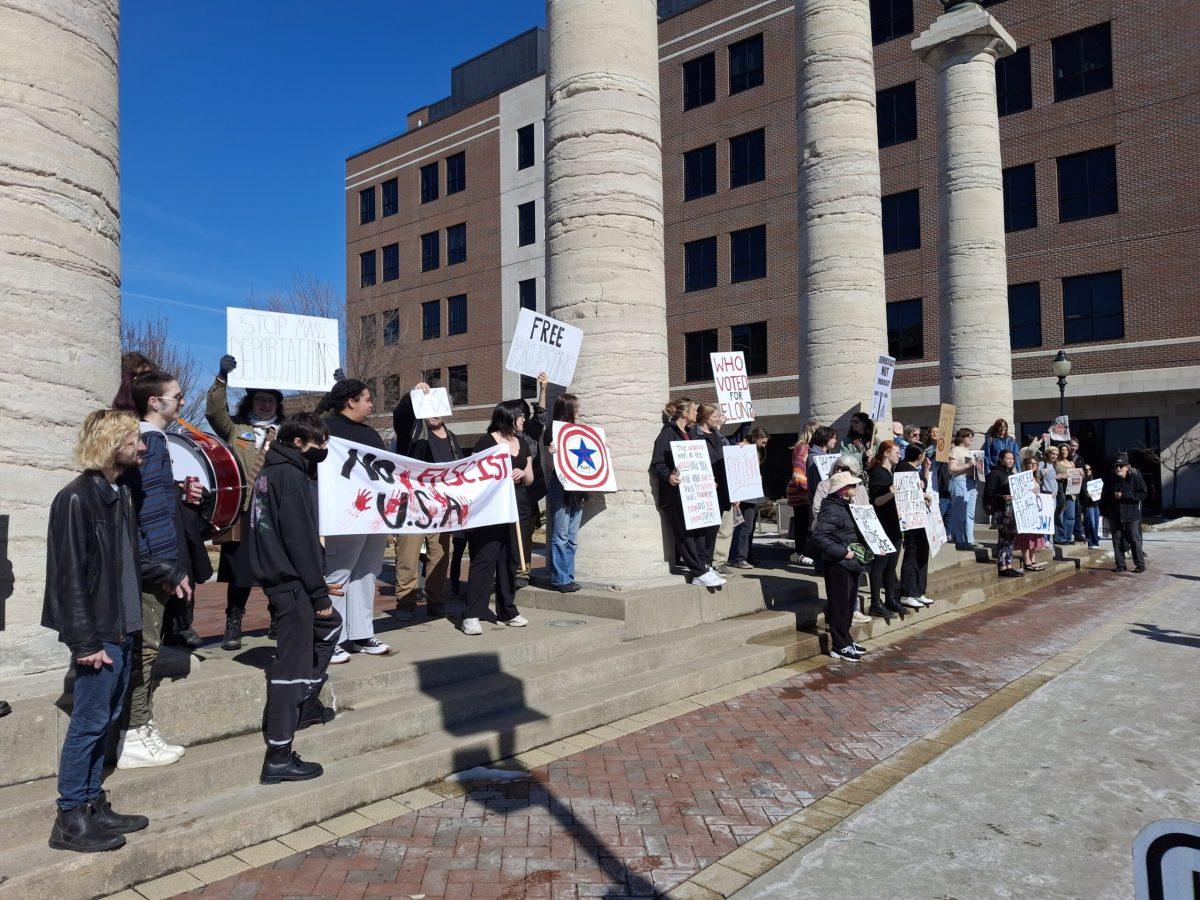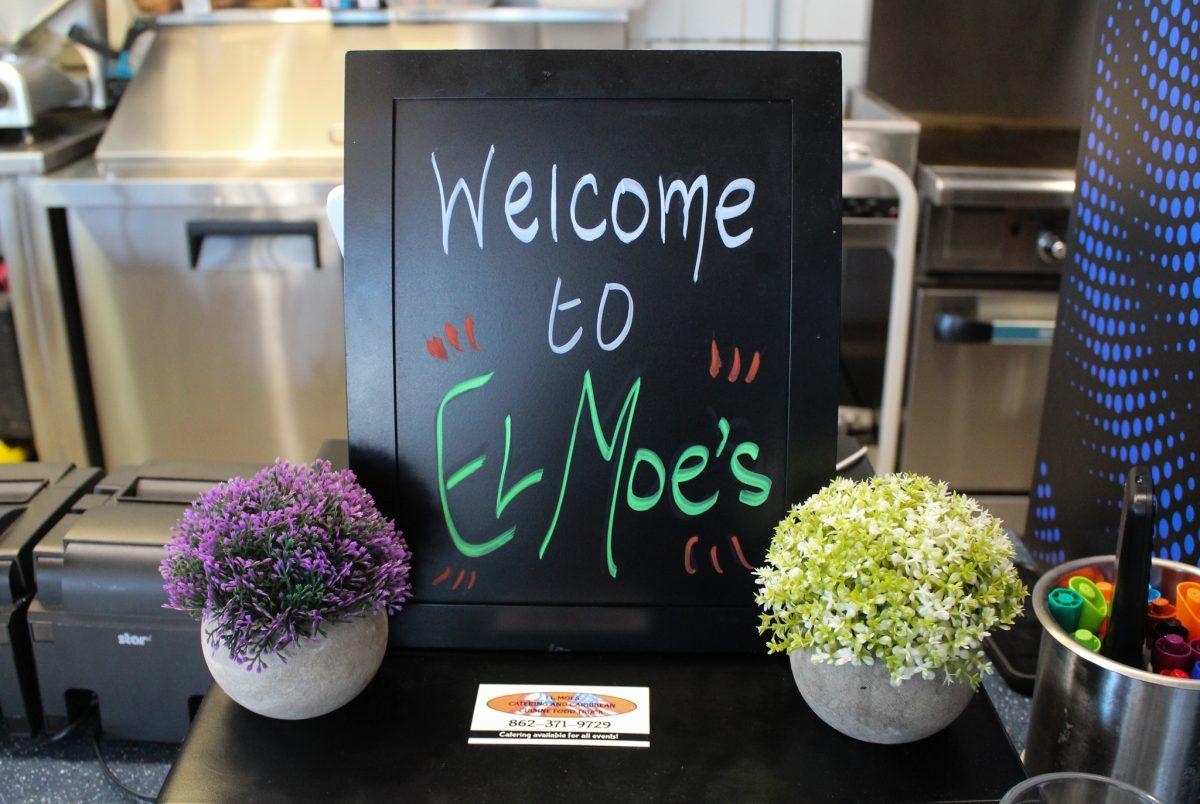Author and journalist Jon Cohen visited MU on Nov. 12 in the Christopher S. Bond Life Sciences Center to talk about the gene editing technology CRISPR and the ethical debates surrounding it.
Cohen has been a staff writer at Science magazine since 1990 and has published articles in many magazines and newspapers such as The New Yorker, Smithsonian and The New York Times. He specializes in biomedicines and infectious diseases. His four books talk about such topics.
CRISPR is a tool that can recognize a mutated pattern of DNA and remove it from a DNA sequence. This tool essentially helps correct or alter genes.
“Frankly speaking, I don’t think a lot of people are going to grow up to be gene editors, but that’s not to say it’s not something people should know about,” Holly Piepenburg, Pulitzer Center outreach coordinator, said. “I think it’s probably in our lifetimes … it’s going to be one of the bigger science ethical discussions that’s gonna be had. When people talk about test tube babies and gene editing, it’s going to be something that we need to be informed about.”
CRISPR rose to global prominence in 2013 when it was revealed that it could work on animal cells, thus on humans. This also meant the technology would be open to the large medicine market.
“This is a fast-moving train,” Cohen said. “This technology is getting better and better, and it’s already moving forward [with] human trials of new medicines. It’s already moving forward in agriculture, and it will change your lives. You guys, long after I’m gone, will be in charge of what to do with it and how to use it for good rather than bad. It is profoundly changing the world.”
In November 2018, a Chinese researcher revealed that he had impregnated a woman with embryos that he had edited with CRISPR. He had taken out the genetic pathway HIV uses to infect cells.
CRISPR has large implications because the changes can be passed onto future generations.
“You can use CRISPR in any of us to potentially help a disease we may have, but that’s not going to go anywhere,” Cohen said. “When you edit an embryo, every cell in the embryo is going to be changed and that’s going to be passed on in their gametes to their children and future generations, so we’re entering into this brave new world.”
The technology has a lot of potential for good and bad applications. During the lecture, Cohen touched on the issues surrounding CRISPR being used for agriculture, animal testing and correcting human genes.
“An axe can chop off your head or it can build your house,” Cohen said. “It’s not the tool that’s the problem. It’s the people and what people do with it, and it’s the regulations.”
Cohen sees that even though CRISPR isn’t fully refined yet, the technology is evolving.
“What’s happened between 2012 and 2019 is that the refinements have gotten so good that I’m almost thinking it’s time to stop using the word CRISPR because we’re moving away from CRISPR into this next realm of genome editing,” Cohen said.
The Pulitzer Center and the Missouri School of Journalism partnered to bring speakers like Jon Cohen to MU. The talk was part of the Smith/Patterson Science Journalism Fellowship and Lecture Series that emphasized science and environmental journalism.
_Edited by Alex Fulton | [email protected]_












